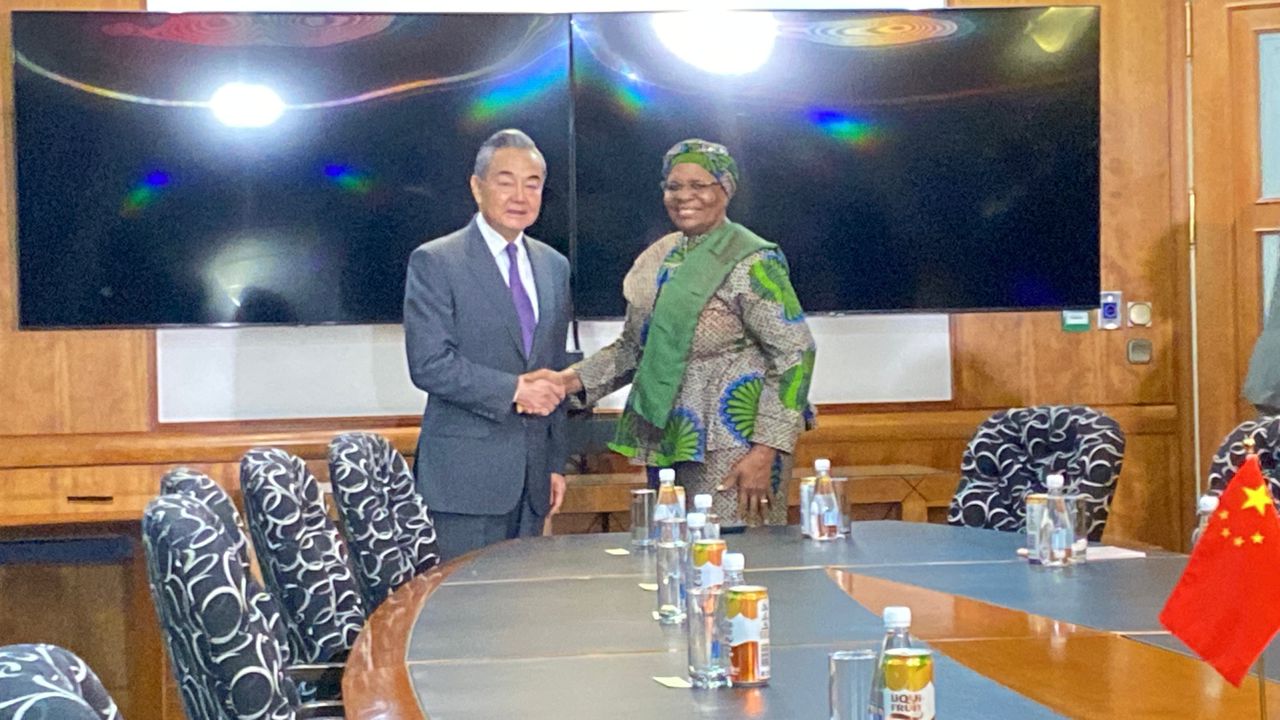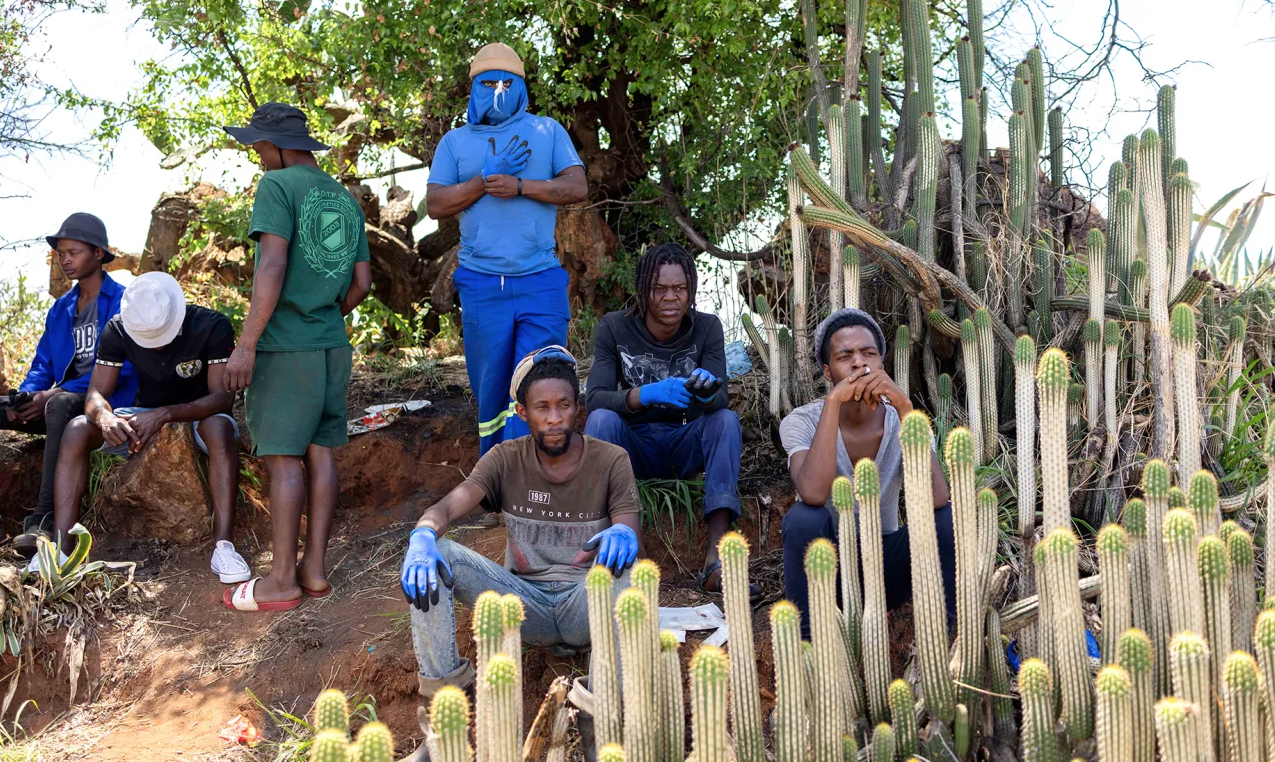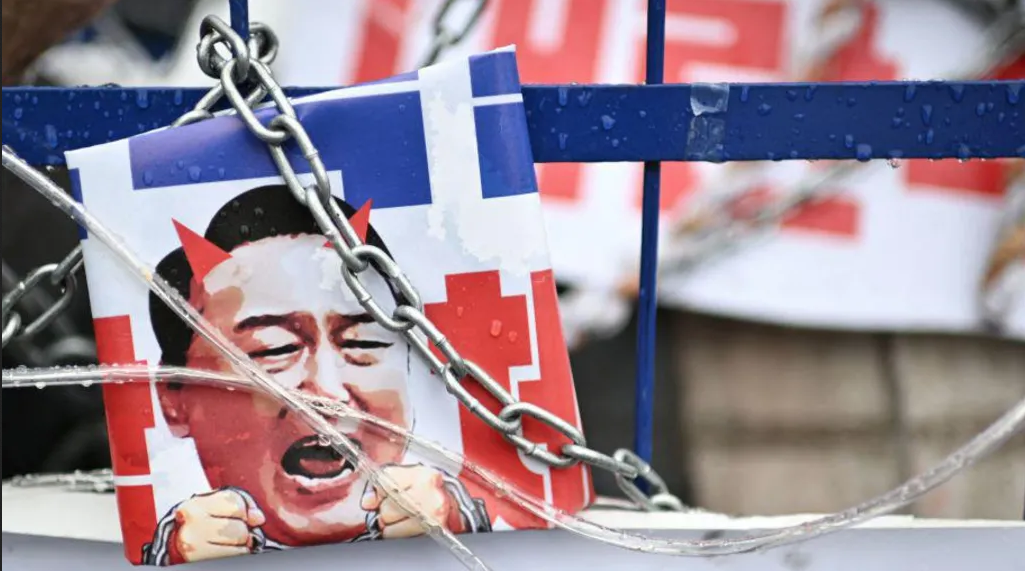Tourism holding company, Gondwana Holdings Limited, returned to profit in the last financial year after incurring a series of losses since 2020 – and has also grown its balance sheet to N$1,1 billion.
Between 2020 and 2021, the company suffered a cumulative loss of N$176,7 million, mostly Covid-19-induced.
For the financial year ended 31 October 2022, Gondwana reported a net profit of N$28,2 million from its N$472 million revenue.
Gondwana operates close to 30 lodges and accompanying facilities and also has vehicle rental and destination management services, and it produces fruit, vegetables, meat and dairy products for its lodges.
Furthermore, the group manages and owns properties and also holds investments in other property companies. And on the side, it operates a game and nature conservation trust.
Among all these activities, lodging and accommodation brought in the most money at N$202 million, followed by restaurant services at N$98 million. Car rentals brought in N$48 million, while package tour sales brought in N$36 million. All other activities brought in N$30 million and less.
The Cardboard Box owner also sells souvenirs and telephone cards, which earned it N$9,8 million.
The cost of providing the above services was rather reasonable at N$115 million, but much of the sales earnings were swallowed up by operating costs that sliced away from earnings of N$283 million.
Cash at the end of the financial year had solidly recovered to a negative balance of N$9,5 million.
At the end of the 2021 financial year, the company was in negative territory, with a N$115 million negative balance.
Post the 2022 financial year, this cash balance is expected to be in a much healthier position as the company had announced that it had reached an out of court settlement with insurers Hollard Namibia on its Covid-19 business interruption claim.
Although no amount was specifically mentioned regarding the claim settlement, The Namibian understands that Gondwana compromised on its initial claim of N$638 million.
In 2022, the group also earned N$12,2 million outside normal activities – donations (N$2,7 million), selling of assets (N$4,3 million) and card income at N$2,6 million, among other avenues.
Gondwana has also grown its balance sheet to over N$1,1 billion, much of it made up by properties, plants and equipment at N$868 million.
Liabilities at the end of the financial year were over N$702 million, with a secured N$395 million long-term debt.
Last month, however, Gondwana announced that it had removed itself from the shackles of commercial banks and listed a N$250 million bond on the Namibian Stock Exchange.
According to an internal memo by Gondwana’s management, the listing of this bond has always been on the cards as the company was seeking to free itself from the “restrictive and often cumbersome regulations associated with commercial bank financing”.
With this banking debt replaced by the bond, Gondwana managing director Gys Joubert last month said “the listing was an important step in the company’s strategy and a strategic enabler to optimise our capital structure, and to reduce financing costs.
“With the restructuring of our balance sheet, Gondwana will be positioned to generate growth from future opportunities, while balancing stakeholder expectations,” he said.
The company continues to have the same directors as appointed in 2017, with presidential economic adviser James Mnyupe and Dinapama Manufacturing chief executive David Namalenga as the 2019 additions.
Email: lazarus@namibian.com.na
Twitter: @Lasarus_A
Stay informed with The Namibian – your source for credible journalism. Get in-depth reporting and opinions for
only N$85 a month. Invest in journalism, invest in democracy –
Subscribe Now!








